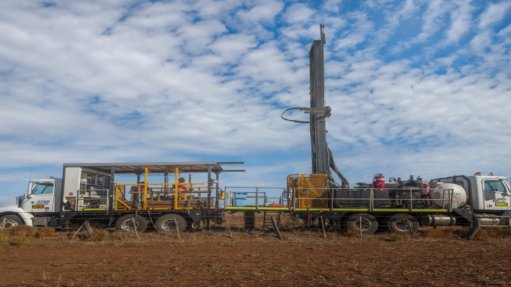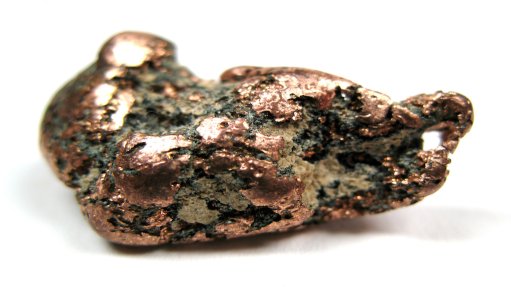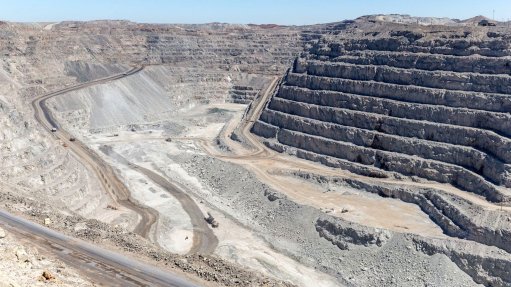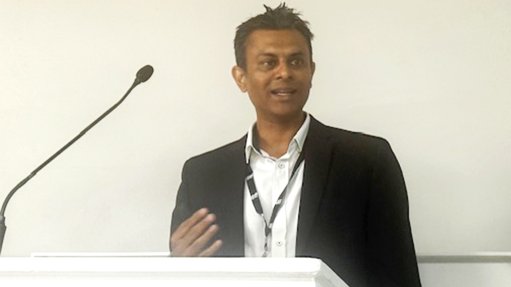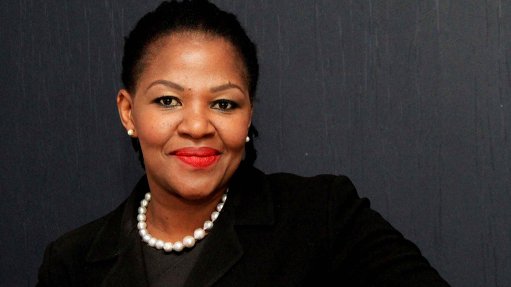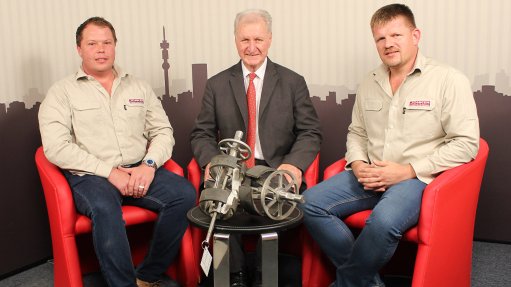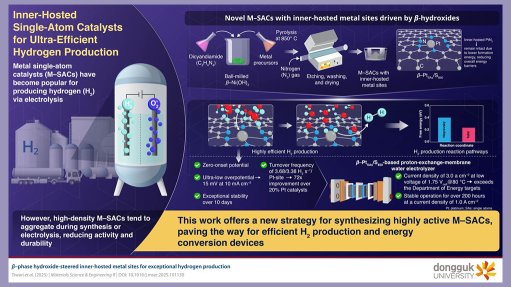Repairing of ageing water infrastructure can increase supply

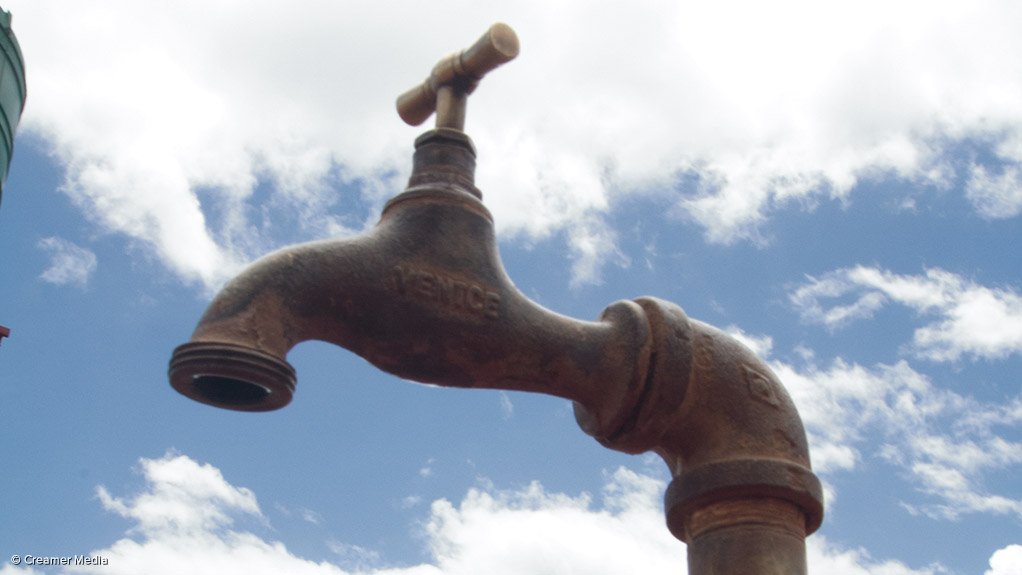
WATER SCARCE South Africa needs to adopt more sustainable approaches to managing available water through smarter water governance stewardship
Amid ageing water infrastructure in most developed areas in South Africa, engineering advisory firm WSP water, transport and infrastructure technical director Africa Arnaud Malan says there is a need to adopt more sustainable approaches to managing available water through smarter water governance stewardship and recycling or reuse initiatives.
He notes that, according to the Department of Water and Sanitation, the average daily water use in South Africa is about 237 ℓ per capita, which is much higher than the world average of 173 ℓ per capita. “For a water-scarce country, this usage is too high and not sustainable.”
Malan says any company operating in South Africa must realise that water is a business-critical risk that needs to be managed, owing to the potential detrimental impact that water restrictions or water-shedding can have on its production and, subsequently, its business.
However, he acknowledges that more businesses are considering interventions to reduce operational water consumption through various strategies.
“For instance, in the commercial building space, businesses are using rainwater harvesting and/or grey water recycling systems for irrigation and flushing of toilets with flow restrictor or low-flow fittings for bathrooms.”
Malan says that, in the industrial and mining sectors, more companies are developing comprehensive water balances to understand the relationship between supply and use, which would allow for a framework within which to develop systems for the strategic management of water resources.
“We have also seen renewed prioritisation of investments to increase capacity in water supply and treatment infrastructure and management, to continuously meet demand in the country for potable water in the short-term and sustainably in the future.”
Subsequently, the water supply and water treatment industry, including more non-conventional areas like reuse and desalination, have become increasingly important and they are expected to continue to diversify and grow as the country grapples with securing sustainable water resources for the future.
“The importance of this cannot be stressed enough; we need all the consumers of water – such as industry, business, residential and agriculture – to commit to changing their habits of wasteful water use.”
Malan says the City of Cape Town (CCT) has been able to defer ‘Day Zero’ for the foreseeable future, after successfully enforcing severe water restriction measures and managing available resources and, to a smaller degree, investing in emergency water resilience projects.
“One positive attribute to come out of the water crisis is that the community – businesses, residents and agriculture – has had to learn to use water much more sparingly and responsibly.”
Malan highlights that the agriculture sector uses about 60% of the country’s water and that a huge responsibility to use water efficiently rests on the shoulders of farmers.
“Much is done by this sector, but more conservation measures through the efficient use of irrigation systems and technology could possibly even make the biggest contribution to reduce water consumption.”
He indicates that current projections indicate that, without serious intervention, the country could face a 17% gap between supply and demand by 2030.
“This will have a significant influence on the country’s future economic and social sustainability. The national message towards all consumers of water needs to be clear and definite if we are going to adapt to the lasting positive change in consumption behaviours to protect existing, limited water resources,” Malan concludes.
Article Enquiry
Email Article
Save Article
Feedback
To advertise email advertising@creamermedia.co.za or click here
Press Office
Announcements
What's On
Subscribe to improve your user experience...
Option 1 (equivalent of R125 a month):
Receive a weekly copy of Creamer Media's Engineering News & Mining Weekly magazine
(print copy for those in South Africa and e-magazine for those outside of South Africa)
Receive daily email newsletters
Access to full search results
Access archive of magazine back copies
Access to Projects in Progress
Access to ONE Research Report of your choice in PDF format
Option 2 (equivalent of R375 a month):
All benefits from Option 1
PLUS
Access to Creamer Media's Research Channel Africa for ALL Research Reports, in PDF format, on various industrial and mining sectors
including Electricity; Water; Energy Transition; Hydrogen; Roads, Rail and Ports; Coal; Gold; Platinum; Battery Metals; etc.
Already a subscriber?
Forgotten your password?
Receive weekly copy of Creamer Media's Engineering News & Mining Weekly magazine (print copy for those in South Africa and e-magazine for those outside of South Africa)
➕
Recieve daily email newsletters
➕
Access to full search results
➕
Access archive of magazine back copies
➕
Access to Projects in Progress
➕
Access to ONE Research Report of your choice in PDF format
RESEARCH CHANNEL AFRICA
R4500 (equivalent of R375 a month)
SUBSCRIBEAll benefits from Option 1
➕
Access to Creamer Media's Research Channel Africa for ALL Research Reports on various industrial and mining sectors, in PDF format, including on:
Electricity
➕
Water
➕
Energy Transition
➕
Hydrogen
➕
Roads, Rail and Ports
➕
Coal
➕
Gold
➕
Platinum
➕
Battery Metals
➕
etc.
Receive all benefits from Option 1 or Option 2 delivered to numerous people at your company
➕
Multiple User names and Passwords for simultaneous log-ins
➕
Intranet integration access to all in your organisation







